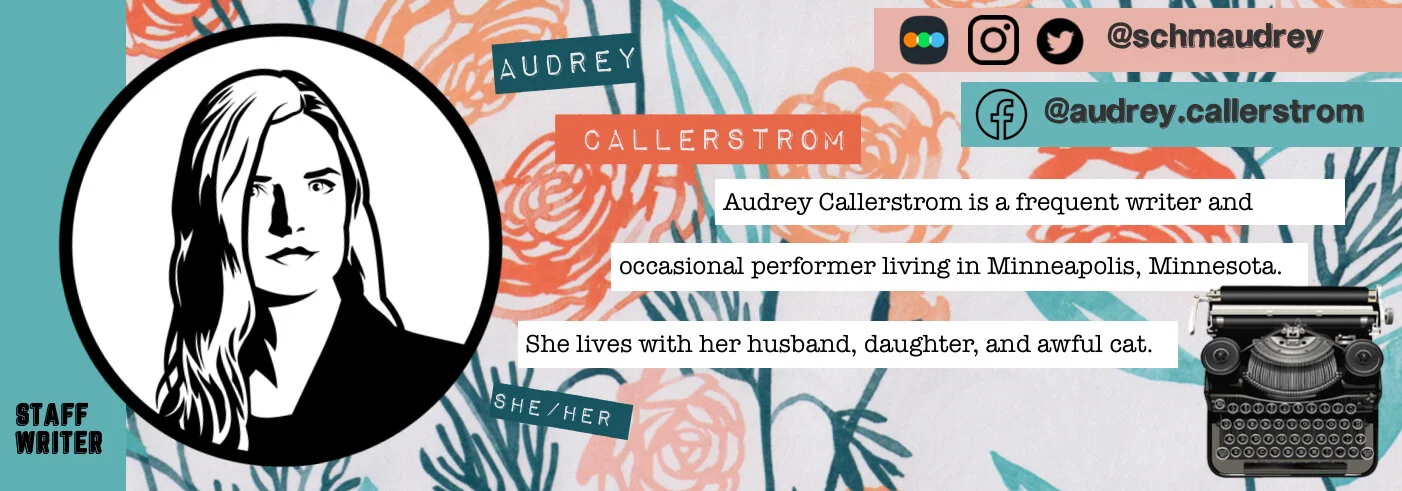MASTER is a contrived ghost story that fumbles with bigger themes
Written and directed by Mariama Diallo
Starring Regina Hall, Zoe Renee, Talia Ryder, Ella Hunt, Amber Gray
Runtime: 1 hour 38 minutes
Unrated
In theaters and on Amazon Prime March 18th
by Audrey Callerstrom, Associate Editor and Staff Writer
Much like Jordan Peele’s Get Out, Mariama Diallo’s feature-length debut, Master, explores the modern experience of Black people in a place where they are constantly reminded they are an Other. At the prestigious Ancaster College, which is basically Harvard in terms of looks and location (New England) but not by name, Gail Bishop (Regina Hall), joins as its first black house master. At a staff meeting, other house masters jokingly refer to her as “Barack,” but then backtrack; it’s because she’s the first Black one, not that she’s masculine. At this same time, a young Black woman named Jasmine (Zoe Renee) starts her first year at Ancaster and is treated as an Other by her mostly white peers. When she tells a room of mostly white peers to guess her name, they tease her. “Beyonce? Serena Williams? Venus Williams? Lizzo?” Har har.
You can set your watch to the elements of the plot. There was a witch trial in the past where a woman named Margaret Millett was burned at the stake (again, this is NOT Harvard, except yeah, we’re basically at Harvard). She was killed at 3:33am, is how the legend goes. Jasmine feels a cold hand caress her arm. Her bedside alarm clock reads 3:33am. She wakes up – scratches are on her arm. Meanwhile, Gail finds old photographs where a mysterious black maid looks at the camera from the background. She also finds a racist artifact in the home where the house master resides – a mammy cookie jar. Weird things start to happen, but it’s the weird things we expect, because the first moment we meet Jasmine her peers tell her the dorm room she is in is haunted. Will there be a spooky moment in the showers at Jasmine’s dorm? Will both women see things that aren’t there? Disturbing dreams that shake them awake? Of course. This movie lacks any surprise, suspense, or tension.
Both Jasmine and Gail are underwritten, defined only by what happens to them. They’re entirely reactionary, because the script didn’t bother trying to make either of them resemble a human being. It’s as if they’re on autopilot. Even with the satire Dear White People, which also took place in a prestigious university, the main characters had some sort of agency, and they didn’t just seem like they were slotted in to a limp story. Zoe Renee is generally pretty blank-faced, even when things turn eerie, but she’s also not given much to work with. Hall is good, but you can tell she knows she’s better than the material, because she simply is. She’s there, like any dutiful actor, to complete the assignment. Supporting actors kind of float around, interchangeable in tone and purpose. Liv (Amber Gray), a professor, friend, and ally of Gail; Amelia (Talia Ryder), Jasmine’s roommate; Tyler, the token cute guy (Will Hochman). Not helping matters any, many scenes are devoid of any music at all, and the music, such as that it is, is the sounds of whirring machines, knocking, and tinnitus. So you have a limp story, bored actors, and no music to help create any tension. At that point, what you have is a film that sinks under its weight.
Everything about Master, from its very first moments, feels like a film that was written, shot, and executed out of obligation rather a sincere desire to tell a story. I was surprised to see this was playing in theaters, given that the swift and contrived script seemed instantly like this was another unoriginal straight-to-streaming film. This is not a discredit to Diallo in any sense, or to the film’s actors. My issue is with these streaming services churning out more and more content with less and less thought and originality to it. I’m sure that Diallo has different, better, weirder stories to tell. There’s a sense that Diallo doesn’t really believe in the story she’s telling. Every scene feels like the speed is intentionally slowed down. The gaps between dialogue feel like canyons, even moments that should feel tense, like when Jasmine’s library books mysteriously set off an alarm that’s broken, and the (white) librarian insists on checking her bags anyway. Diallo doesn’t really know where to focus the camera at any given moment, so it stays still on someone listening to someone else lead the conversation. Maybe Diallo can use the money she made writing and directing Master for Amazon to tell other, better stories later.


